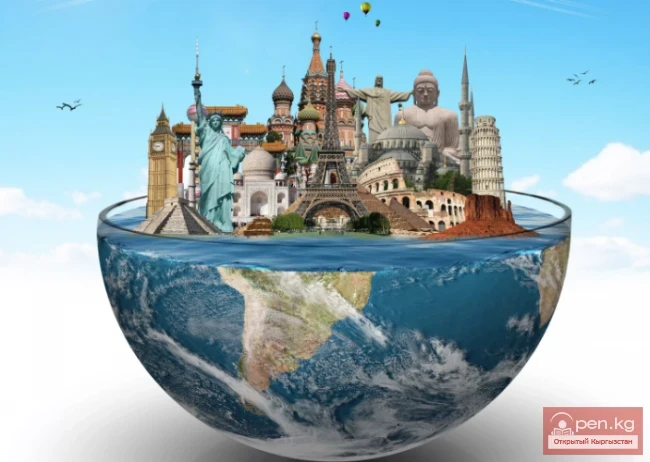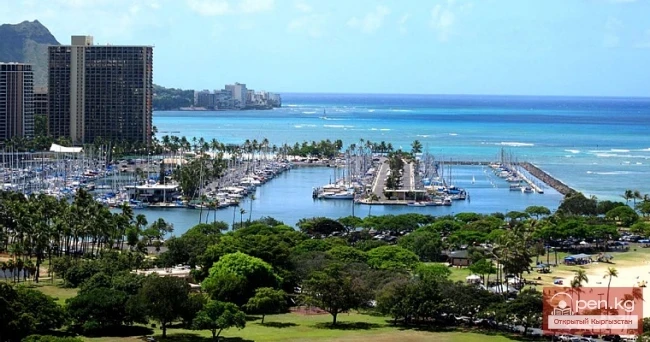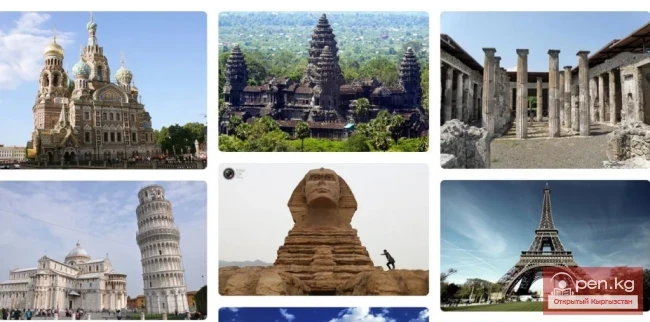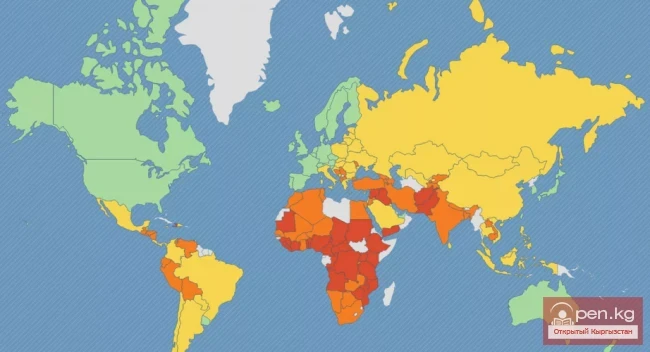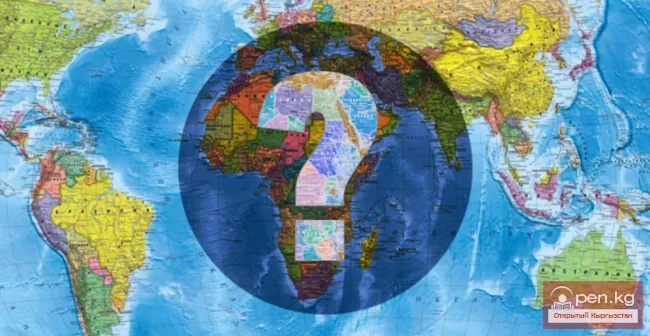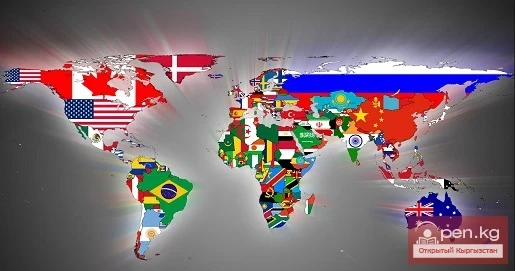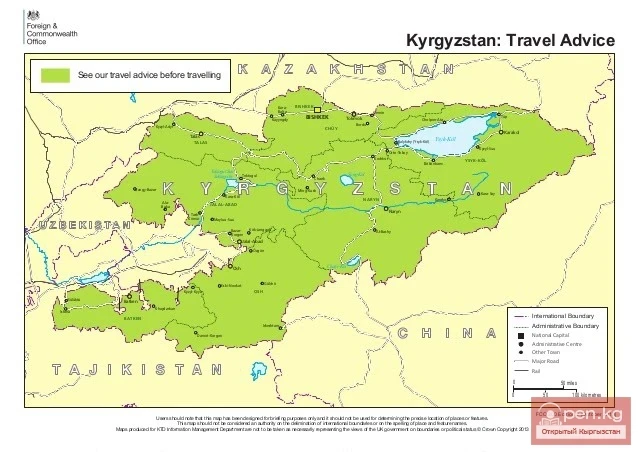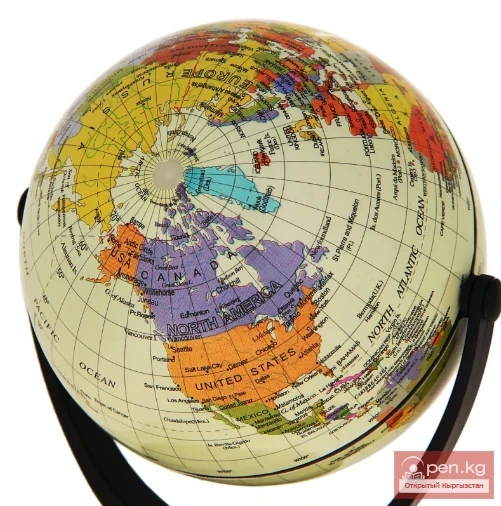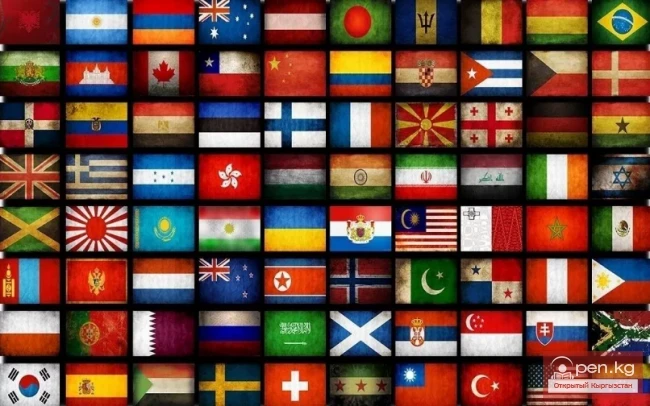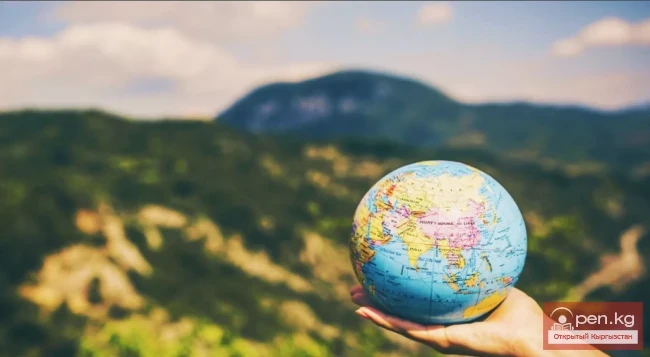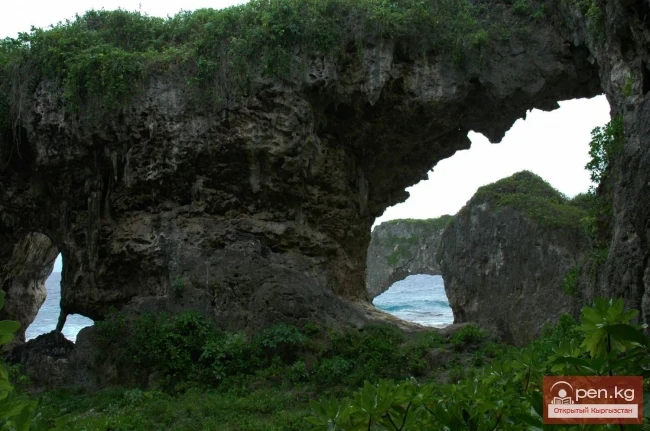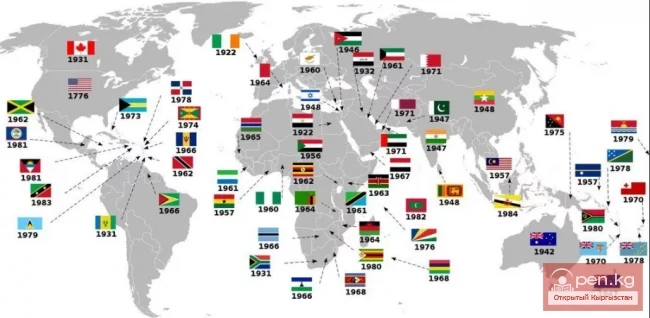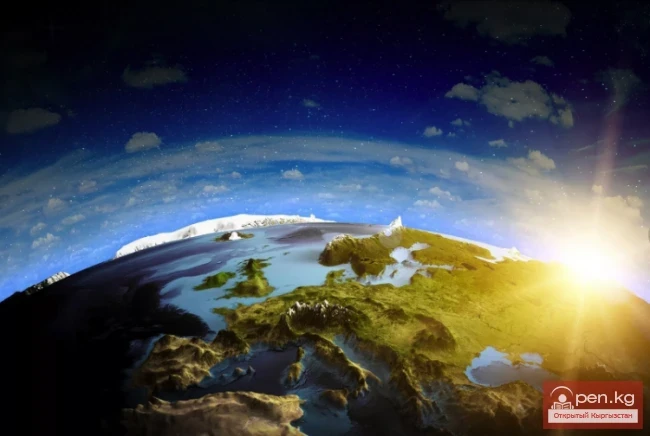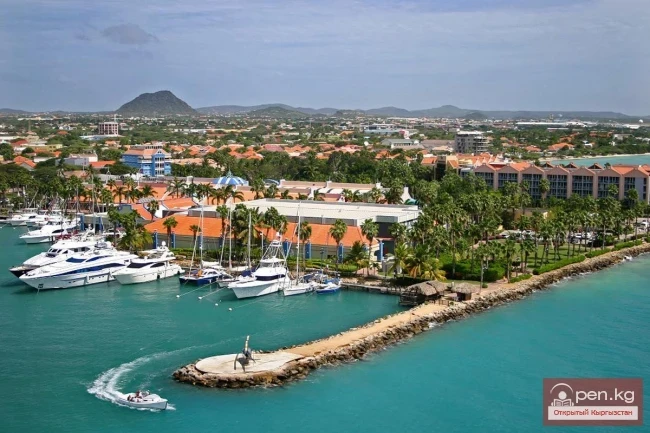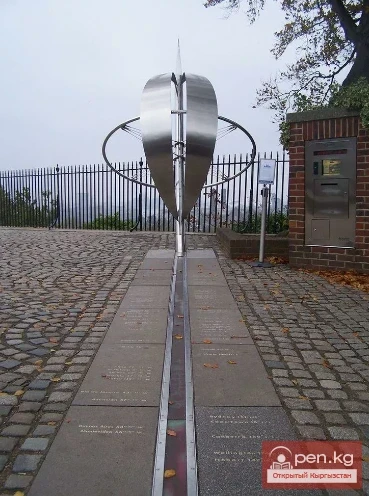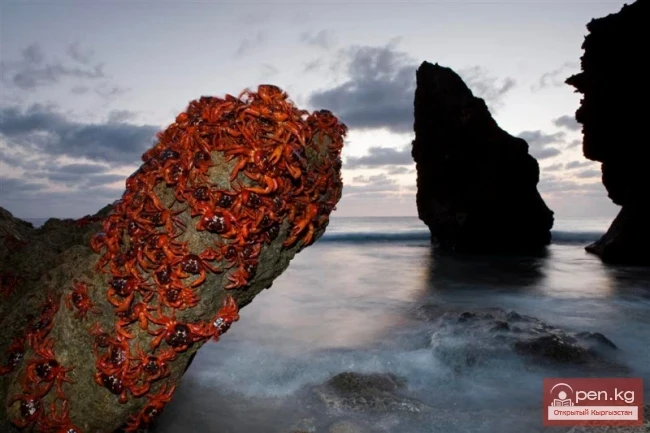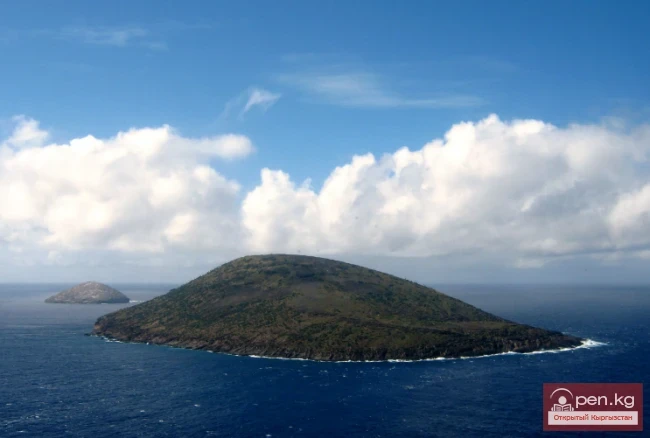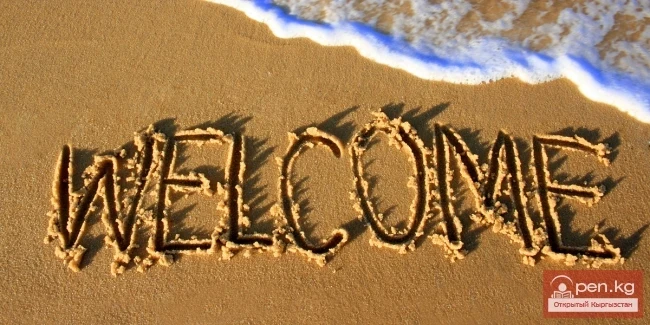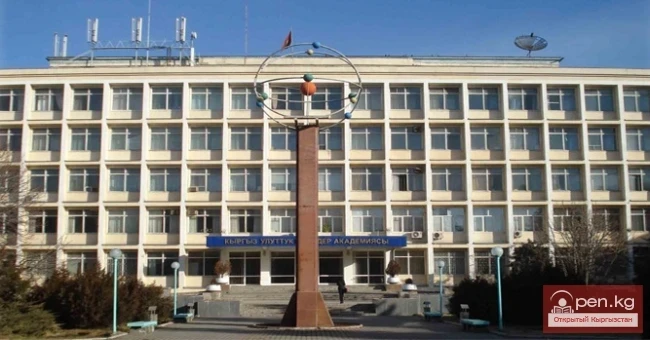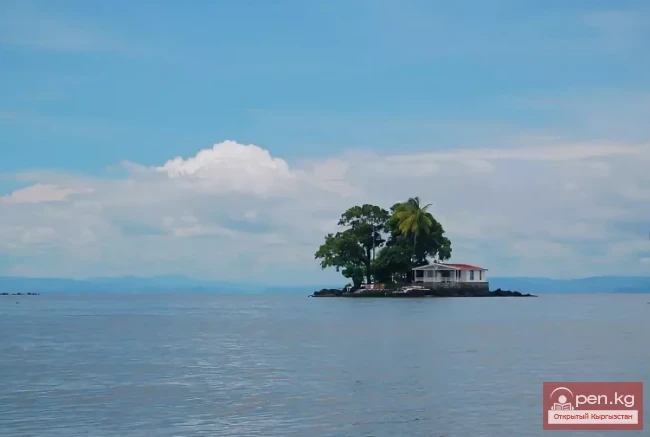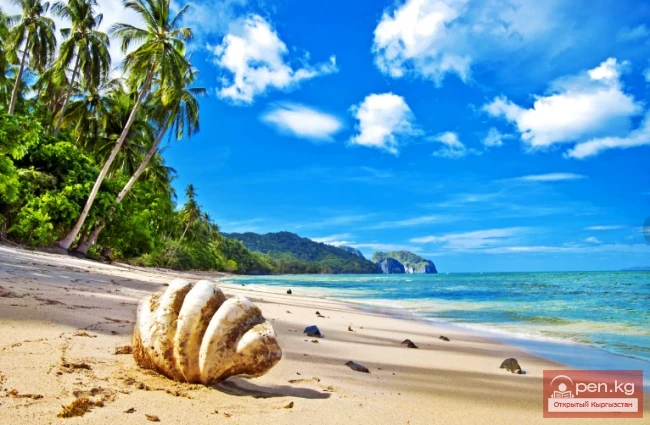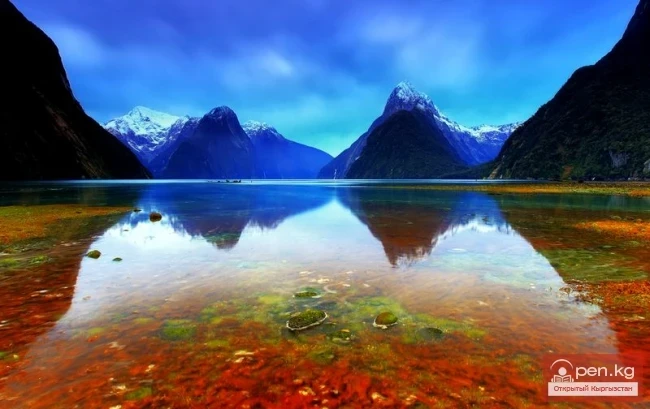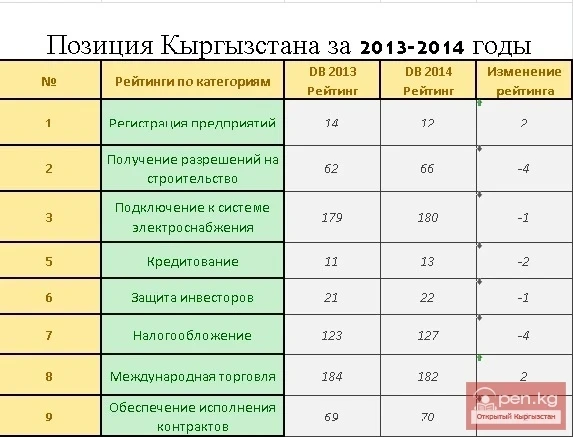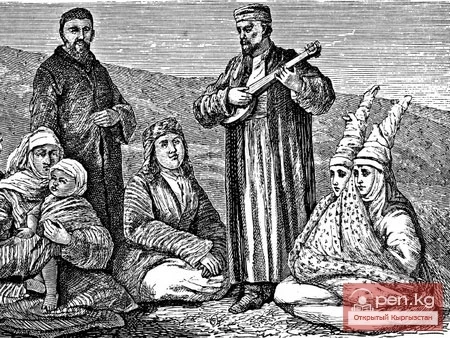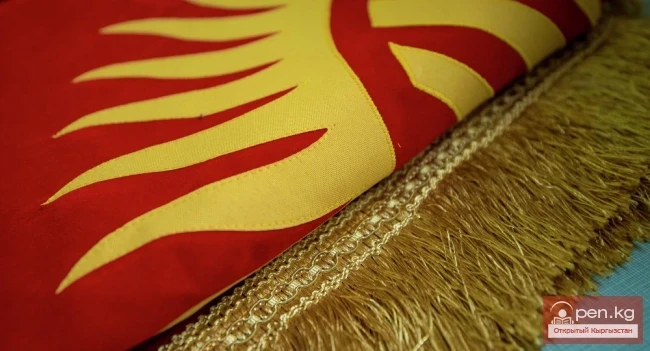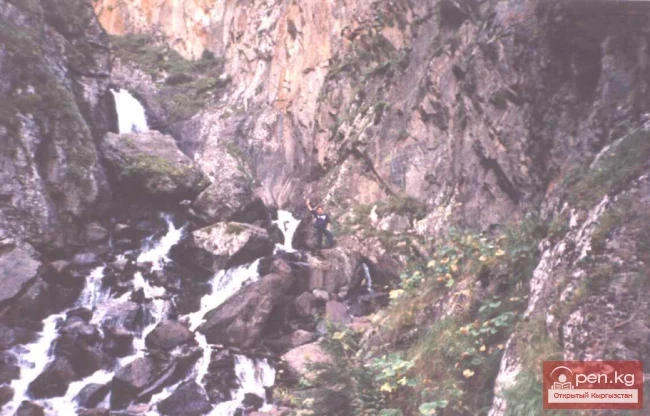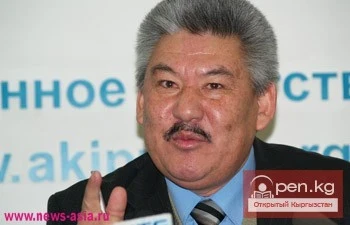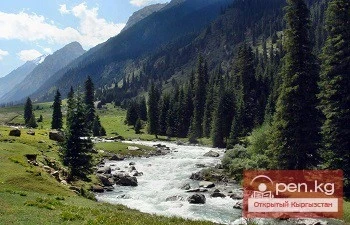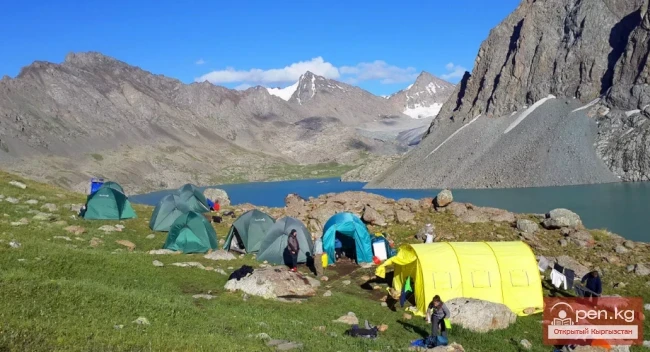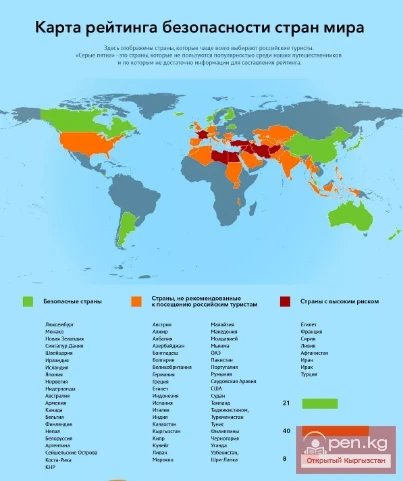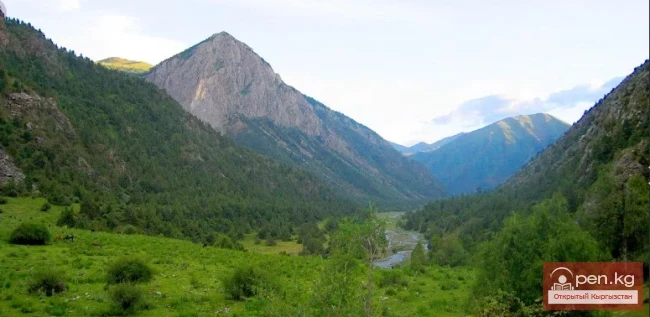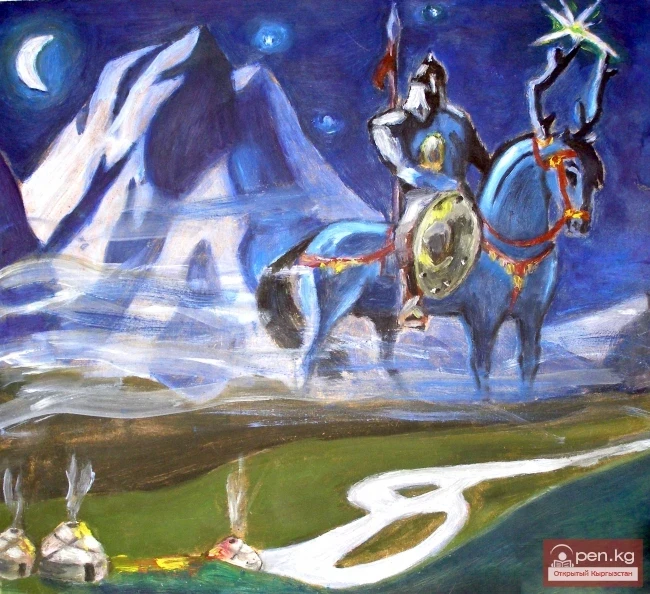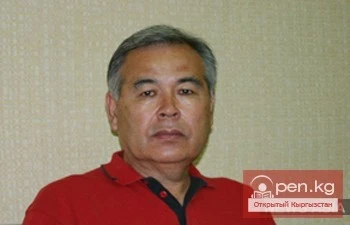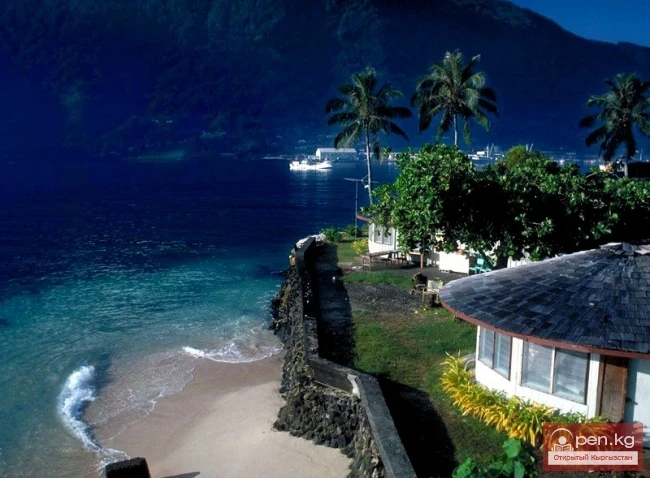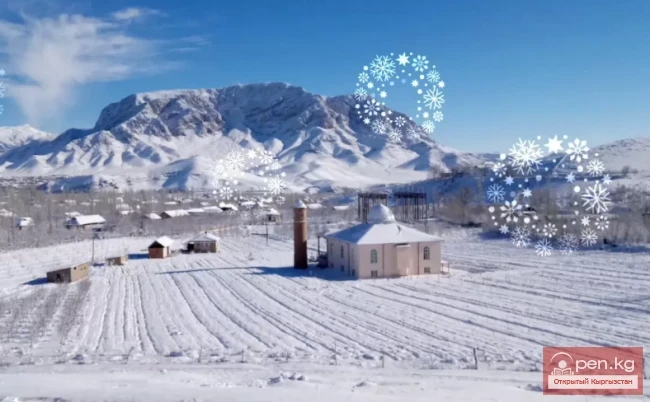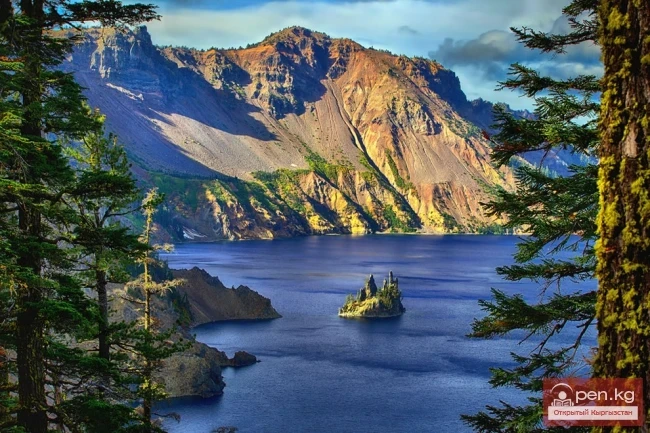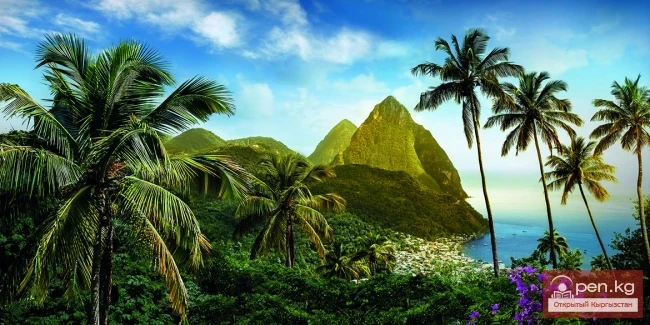Nauru — Pleasant Island
On November 8, 1798, British captain John Fern landed on a remote island in the Pacific Ocean on his way to China via New Zealand. The locals were impressed by his arrival. Fern wrote that “their behavior was very polite, and they invited us to anchor on their island.” Therefore, the captain named this place “Pleasant Island.” However, Nauru, the smallest republic in the world, was also given another name derived from the local word Anaoero. In the native Nauruan dialect, which is quite distinct from Oceanic languages, this term means “I am going to the beach.” This name for the country seems justified — Nauru is indeed an ideal travel destination known for its beautiful beaches. However, over time, Nauru's economy has taken a downward turn. The country even signed an agreement with Australia for assistance in accommodating tourists.
Namibia - from the Namib Desert. "Namib" means "place where there is nothing" in the Nama language.
Nepal - translated from Sanskrit: "At the foot of the mountains." Possibly from the Tibetan "niampal" — holy land, as this is where Buddha was born.
Nigeria - from the local African language "Ni Gir," "river Gir" (Niger).
The Netherlands - German "low lands." Most of the territory is below sea level. Holland (a part of the Netherlands; the name is often used to refer to the country as a whole) - German 'holt land,' meaning forested land (it is often mistakenly thought to mean 'hollow land'). Batavia - "arable land" (derived from Betuwe, contrasting with the local name "Veluwe" - "uncultivated land").
New Zealand - from the province of Zeeland in the Netherlands.
Norway - from Old Norse northr and veg ("northern way"). The Norwegian name Norge comes from the roots northr and rike ("northern kingdom"). In ancient Scandinavian languages, the word Norðrvegr meant "way to the north."
By this route along the eastern coast of modern Norway, the Normans ventured into the northern seas.
About
UAE. In 1971, six emirates of the Trucial Oman (Abu Dhabi, Ajman, Dubai, Umm Al-Quwain, Fujairah, and Sharjah) declared the establishment of a federation. A year later, another emirate — Ras Al Khaimah — joined them.
Oman - disputed origin. Some sources say the name comes from the Arabic term for "settled" (as opposed to nomads), or from other Arabic words meaning "peace" and "trust." Others claim that the country was named after a historical figure, the founder of the city — Oman bin Ibrahim, possibly Oman bin Ibrahim al-Khalil, Oman bin Siba' bin Yaghthan bin Ibrahim, Oman bin Qahtan, or Oman bin Loot (the Arabic name of the biblical character Lot). The name existed for some time and was mentioned by the geographer Ptolemy (85-165 AD).
[/b]P
Pakistan - an acronym (from the provinces: Punjab, Afghanistan, Kashmir, Iran, Sindh, Tocharistan). "Pakistan" in Urdu means "Land of the Pure" (Pak - "pure" and stan - "land"). Modern Pakistan was formed on August 14, 1947, after the partition of India. However, the first use of the word "Pakistan" was recorded a decade earlier by Choudhry Rahmat Ali, a Muslim nationalist advocating for a separate Muslim state on the subcontinent. Ali published his pamphlet "Now or Never" on January 28, 1933, as an appeal to the British government from 30 million Muslims desiring independence. These citizens were from the following regions: Punjab, the Afghan Province, Kashmir, Sindh, and Balochistan. The combination of their initial letters creates the acronym "PAKSTAN." The names of countries can often be nothing more than an acronym.
Palestine - from the Roman name for the country, literally "land of the invaders" ("Philistines" from the Hebrew root meaning "invader"). The history of the name Palestine has deep roots in many languages and cultures: from Ancient Egypt and Ancient Rome to biblical times. In Hebrew, the word "p'lishtim" means "invaders," "foreigners," "conquerors." Thus, the ancient Jews referred to the people who migrated from the Greek islands to the southeastern coast of the Mediterranean during biblical times.
Panama - named after a previously existing village near the modern capital. In the language of the Cueva Indians, it means "place where there are many fish," possibly from the Caribbean "abundance of butterflies" or from another local name referring to a tree of the same name.
Papua - "Papua" means "land of people with curly hair." Named so by neighboring Malays, whose hair is mostly straight. In 1526, the Portuguese explorer Meneses noted the shape of the hair of the locals, calling them papuwa, which in Malay means "curly," and in 1545 the island was visited by Inigo Ortiz de Retes and named "New Guinea," as he thought the locals resembled the aborigines of Guinea in Africa.
Peru - possibly from the river Biru in modern Ecuador.
Poland - from the German polen, "fields."
Portugal - from Latin portus, "port" and the name of the Roman port Gaia (Gaya), which later became known as Cale. The derivative name belonged to a small town Portucale, now Porto.
R
Russian Federation originally — Rus. The first mention of the "people of Rus" appears in a letter that Byzantine Emperor Theophilus sent to Frankish Emperor Louis the Pious in 839. This was, according to one version, a Swedish tribe that dissolved among the Eastern Slavs about a thousand years ago. According to another version, Rus had Slavic roots (but the name itself was borrowed from the same Varangians). This occurred even before the formation of the ancient Russian state, and the Varangians, who were invited to Novgorod in 862, were not associated with the Eastern Slavs. Some scholars suggest that "Rosi" referred to an ancient group of Vikings and the kingdom they established in the territory of modern Ukraine. Until the 15th century, the country called itself Rus, then the form "Rossiya," borrowed from Byzantine sources, penetrated the Russian language (as in the Greek language, the word "Rus" turned into "Ros"). From the 18th century — Russia.
Romania - "land of the Romans," as the local "Romanized" population called themselves Rumani or Romani. In documents, Wallachia was written as Romanian Land, Ţeara Rumânească, as these lands were under the rule of the Roman Empire. The toponym proved to be more enduring than the empire.
